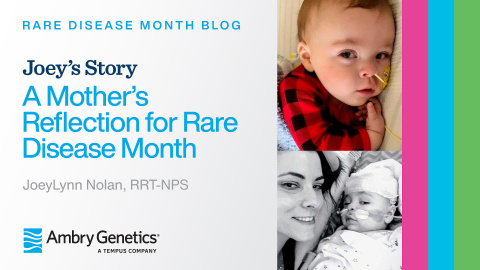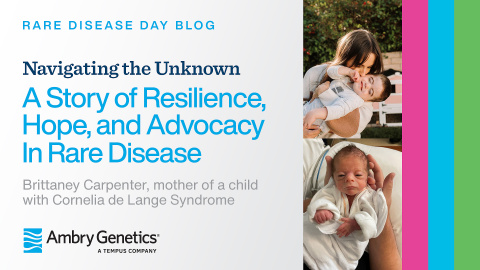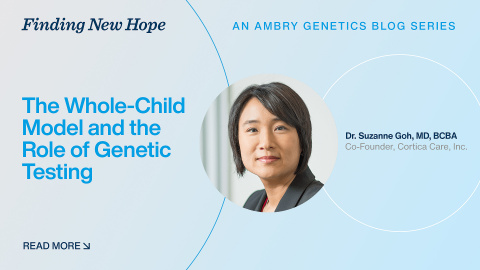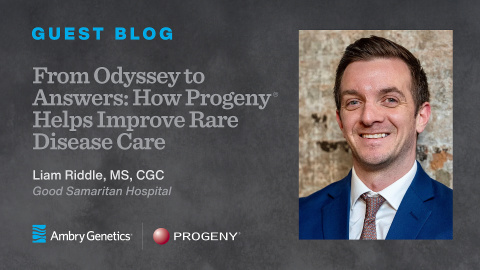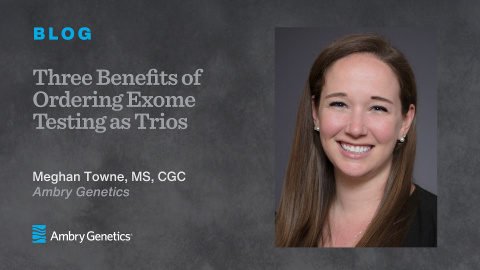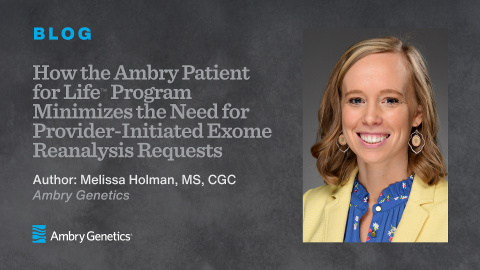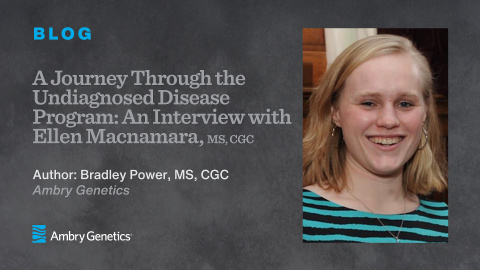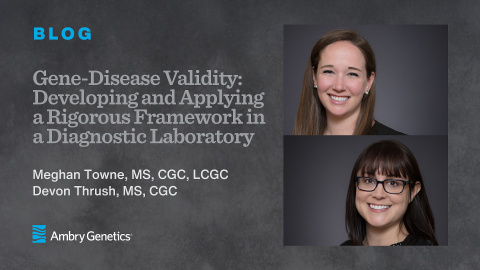- By JoeyLynn Nolan
- Posted February 25, 2026
Joey’s Story: A Mother’s Reflection for Rare Disease Month
Not only during Rare Disease Month, but every day, I think of my son Joey. He was only with us for seven months, but he changed our lives in ways that are hard to put into words. I share his story to honor him, and to help others understand TBC1D24 disorder, a condition so rare that most families don’t hear its name until it becomes…
- By Brittaney Carpenter
- Posted February 18, 2026
Navigating the Unknown: A Story of Resilience, Hope, and Advocacy in Rare Disease
Brittaney Carpenter is the type of woman who does it all and makes it look effortless—small business owner, wife and mother of three, and an accomplished multitasker, managing career, household, kids, a flock of chickens and a dog. She joined us for Rare Disease Month to talk about the birth of her son Emmett and what it was like to learn he…
- By Nicole Teed
- Posted November 12, 2025
Finding New Hope: The Whole-Child Model and the Role of Genetic Testing
Dr. Goh founded Cortica and created the Cortica Care Model to address autism in a whole-patient approach. Genetic Testing Is a Piece of the Puzzle Dr. Goh believes genetic testing is an important piece of the puzzle to combine optimal medical treatment with effective cognition, communication, and behavior strategies. Keep reading and watch the…
- By Nicole Teed
- Posted October 21, 2025
Finding New Hope: Dr. Goh's Journey from Camp Counselor to Doctor
Dr. Suzanne Goh, MD, BCBA, is a board-certified pediatric behavioral neurologist, behavioral analyst, neuroscience researcher, and author. She has dedicated her career to researching and developing therapies for neurological conditions that impact childhood brain development. Specializing in the treatment of autism, she is the founder of Cortica,…
- By Liam Riddle, MS, CGC
- Posted February 28, 2025
From Odyssey to Answers: How Progeny Helps Improve Rare Disease Care
At some point in life, everyone will seek medical attention for themselves or a loved one. Often, the cause for concern isn't immediately clear, marking the beginning of what could be a rare disease journey. Each year on the final day of February, Rare Disease Day raises awareness for these individuals and their experiences. As genetic counselors,…
- By Meghan Towne, MS, CGC, LCGC
- Posted February 19, 2025
Three Benefits of Ordering Exome Testing as Trios
Exome sequencing, which assesses the protein coding sections of all ~20,000 genes, is an effective genetic test for a variety of clinical indications, but especially for children with neurodevelopmental disorders. Because the testing range is so broad, it is important to have as much supportive evidence as possible to efficiently identify clinically…
- By Bradley Power, MS, CGC
- Posted February 4, 2025
Why Consider an Exome-First Testing Workflow?
Overview In the evolving world of genetic testing, the evaluation of children with rare disease and neurodevelopmental disorders has typically focused on two tests: chromosomal microarray (CMA) and exome sequencing. While both are highly valuable tests capable of uncovering underlying genetic conditions, there are currently mixed practices around…
- By Melissa Holman, MS, CGC
- Posted November 15, 2024
How the Ambry Patient for Life™ Program Minimizes the Need for Provider-Initiated Exome Reanalysis Requests
Understanding Exome Reanalysis Exome reanalysis is a process that involves assessing all 20,000 of a patient's genes, despite only having a concrete understanding of the functions of around 5,000 to 6,000. However, the gap in this understanding is rapidly closing. Scientific research characterizes approximately one new gene every two days. Therefore,…
- By Bradley Power, MS, CGC
- Posted June 11, 2024
A Journey through the Undiagnosed Disease Program: An Interview with Ellen Macnamara, MS, CGC
As part of working together on a recent EducateNext webinar, I had the privilege of reconnecting with my colleague and mentor, Ellen Macnamara, ScM, CGC. Mrs. Macnamara is a genetic counselor with the National Institutes of Health Undiagnosed Diseases Program. Brad: Hi Ellen. We’re excited to host you for a webinar. Can you tell us more about…
- By Meghan Towne, MS, CGC, LCGC
- Posted May 2, 2024
Gene-Disease Validity: Developing and Applying a Rigorous Framework in a Diagnostic Laboratory Setting
Our understanding of genes and diseases is constantly evolving. At Ambry Genetics, we develop and continuously refine our testing services based on the ever-expanding body of scientific evidence. The process of assessing the relationship between a gene and a disease is called gene-disease validity (GDV) scoring and is fundamental to genetic testing.…
